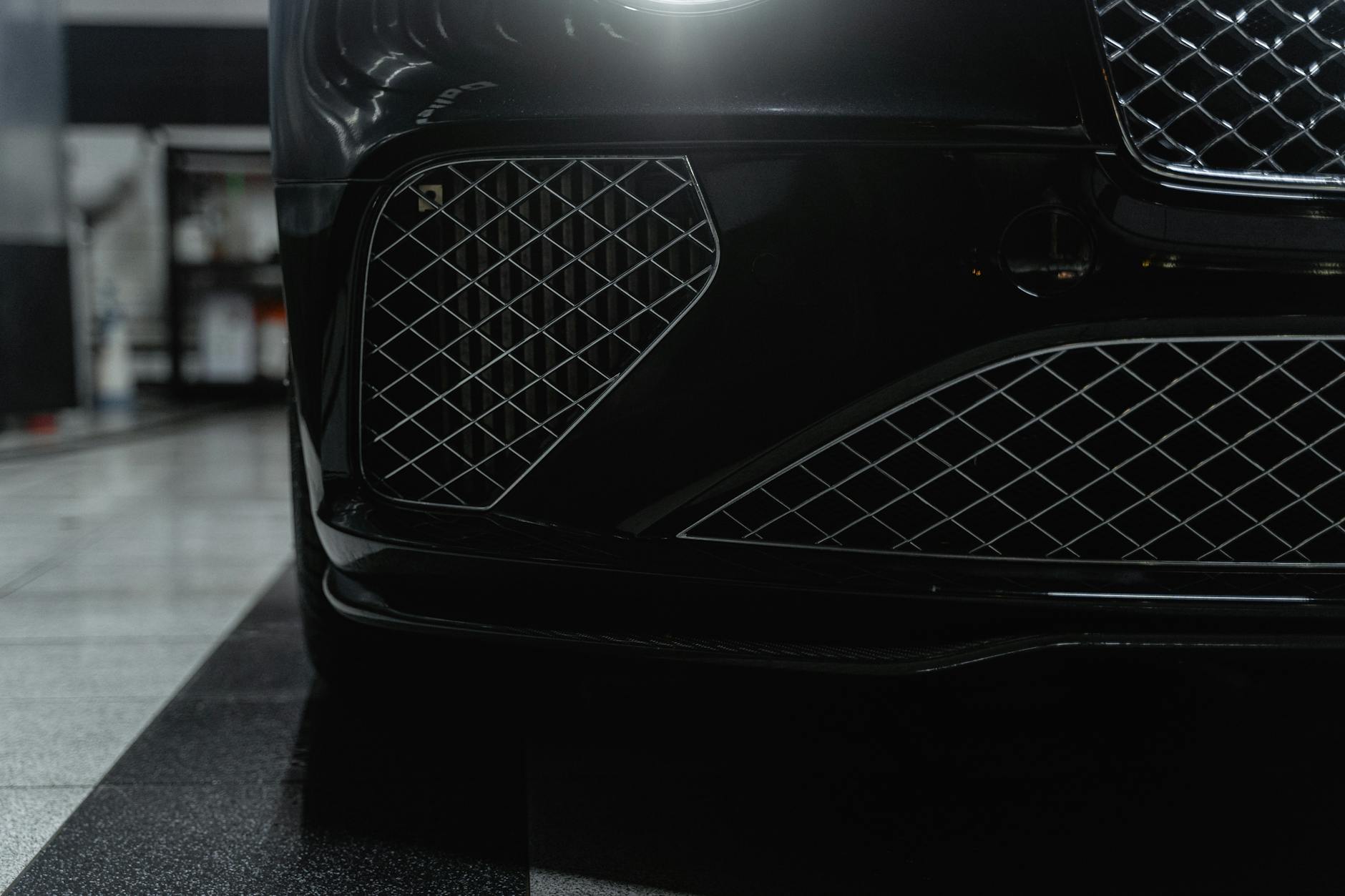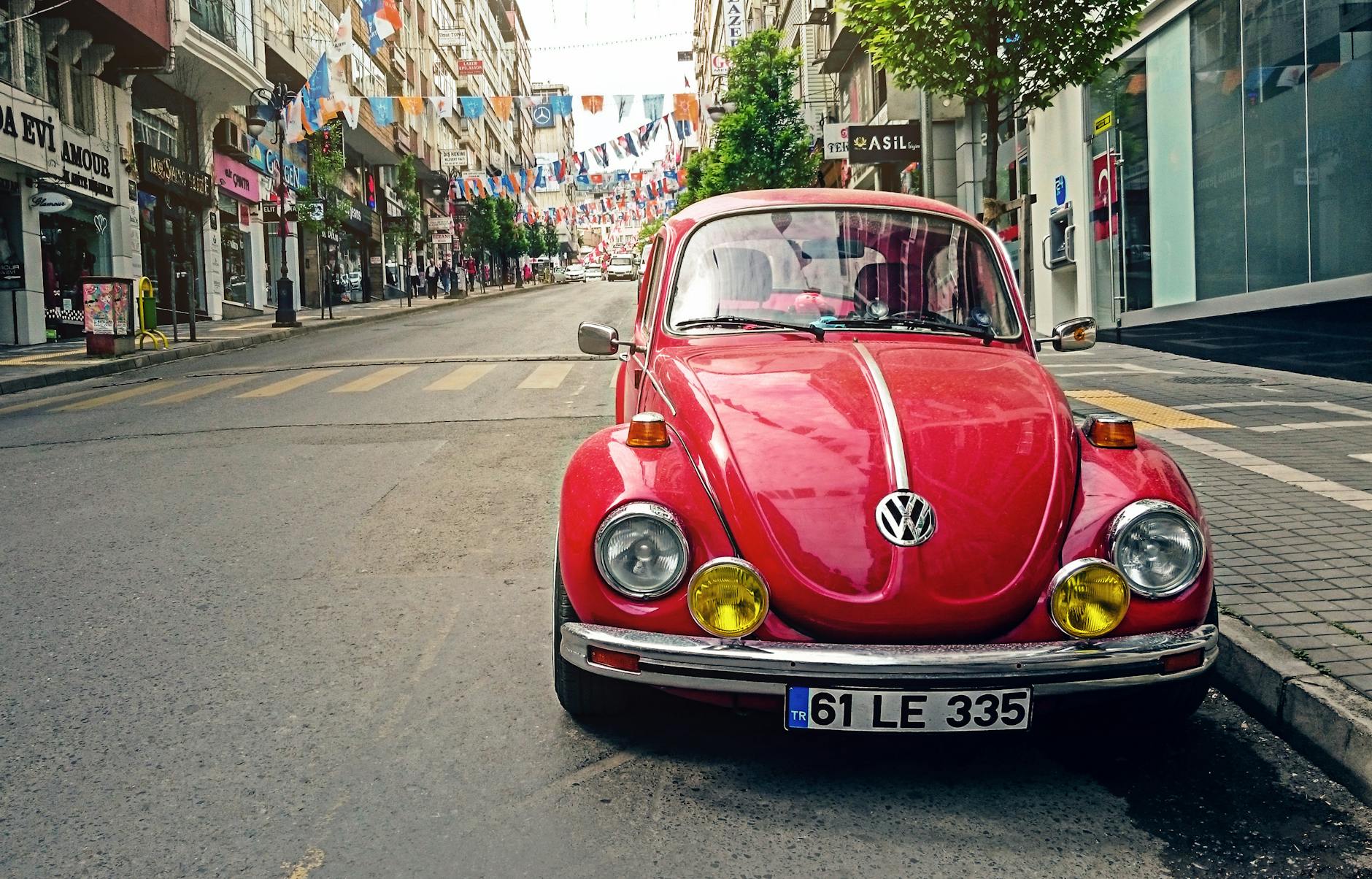How to Make Eco-Friendly Car Choices in Australia Without Breaking the Bank

Eco-Friendly Car Features
When considering the purchase of a vehicle within sustainable parameters, I often think about the qualities that render a car eco-friendly. Key among these is fuel efficiency, which is particularly crucial for those of us passionate about reducing emissions and promoting environmental sustainability. A used Subaru, for instance, can be a great choice for city dwellers in Melbourne, as it balances efficiency with affordability.
Exploring hybrid and electric options is another vital aspect. Hybrids seamlessly transition between fuel and electric power, while electric cars run entirely on electricity, effectively reducing our carbon footprint. This journey towards sustainable transport resonates with my visits to the Melbourne Museum, where each exhibition reminds me of the city’s commitment to a greener future.
An often overlooked feature is the use of renewable materials in vehicle construction. This varies from biodegradable interior elements to sustainable fabric options. These are not just simple upgrades but reflect deep-seated sustainability strategies that align with my lifestyle and professional ambitions. Models like a 2nd hand Ford Ranger often incorporate recycled materials in their design, offering both elegance and eco-consciousness.
These features collectively contribute to an eco-friendly vehicle and can empower any potential buyer to make environmentally sound choices, leading to a more sustainable urban habitat.
Navigating the Used Car Market
Exploring the used car market can feel overwhelming, yet it's a crucial step in aligning vehicle choices with sustainability goals. It's akin to planning urban spaces around the Yarra River precinct, where thoughtful integration can lead to widespread ecological benefits. For eco-conscious individuals, assessing a car's environmental impact in addition to its price is pivotal.
Assessing Eco-Friendliness
To evaluate eco-friendliness, consider these parameters: first, research the vehicle's fuel efficiency and emission levels, as these factors have immediate environmental implications. Second, verify if the car was made using renewable materials, which demonstrates a commitment to sustainability. Vehicles such as a used Kia can offer a balance between performance and eco-conscious design. For those with specific sustainability values, delving into these areas ensures your choice supports broader environmental goals.
Inspecting Vehicle Condition
Inspecting a used car's condition requires more than just checking under the hood. Examine the service history meticulously to understand how the previous owner maintained it. An up-to-date maintenance record can reveal much about the car’s reliability and longevity. For example, what may set a second hand Toyota RAV4 apart is often its history of robust performance and durability. Therefore, thorough inspection not only mitigates unforeseen expenses but aligns your purchase with sustainable practices.
Reliable Models to Consider
When narrowing down options, it’s vital to look at established, reliable models. Brands like Toyota and Kia are recognized for producing vehicles that sustain eco-friendly technologies without compromising performance. Prioritizing these models aligns with sustainable living goals and offers value for money. Completing your research with community forums and reviews can provide real-world insights, empowering your decision-making with a sustainability-focused approach.
Budget-Friendly Strategies
When considering a car purchase that aligns with eco-friendly aspirations, financing options and payment plans can make a significant difference. Look into green auto loans offered by certain financial institutions, as they may provide favorable terms for purchasing fuel-efficient vehicles. Additionally, think about the benefits of flexible payment plans which can ease the burden on your monthly budget, allowing you to choose between options like leasing or buying.
In the context of sustainability strategies, trading in or selling your old vehicle before buying a used Hyundai can contribute to a more circular economy. Trading in at a dealership often provides you with immediate credit towards your new car, while selling privately through platforms like Gumtree might fetch you a better price. Assessing your car's condition and mileage will help in determining its resale value, an essential step towards budgeting for that next purchase, whether it means stepping into a hybrid or a more conventional option.
Insurance and running costs are vital considerations in maintaining a budget-friendly approach. Compare insurance quotes from multiple providers, focusing on policies that reward eco-friendly vehicles. These could offer discounts for cars with lower emissions or additional features for safe driving. Understanding the long-term costs like fuel consumption, regular maintenance, and potential part replacements specific to the model you choose is crucial for effective financial planning. By focusing on these aspects, you'll feel more empowered while contemplating decisions that harmonies with both your budget and eco-conscious objectives.
Common Mistakes
Overlooking Maintenance Records
In the quest for sustainable and efficient transportation, it's easy to focus on the eco-friendliness of a used car while forgetting essential details like maintenance records. Skipping this step can lead to unforeseen repairs that can affect both your budget and sustainability goals. A vehicle with a thorough upkeep history will not only offer peace of mind but also bolster its longevity. It's a crucial sustainability strategy that ensures your car remains road-ready and energy-efficient.
Ignoring Battery Health in Hybrids
For those considering hybrid models, assessing the battery's health is vital. A failing battery can severely impact both performance and the eco-friendliness of the car. Always inquire about the battery's condition, age, and any recent tests or replacements. This can help you avert future expenses and ensure that your hybrid's emissions remain minimal, aligning with Melbourne's progressive urban sustainability strategies.
Underestimating Total Ownership Costs
Many buyers neglect to account for the total ownership costs, which include maintenance, insurance, and potential upgrades. While a vehicle like a used Ford may initially seem affordable, the overall expenses can stack up. Conducting a thorough cost analysis will equip you with the knowledge to make informed decisions and maintain your commitment to sustainability without exceeding your budget.
By considering these aspects, you enhance the likelihood of selecting a car that seamlessly integrates with both personal values and modern urban development needs.
Innovative Transport Solutions
Car Sharing Platforms
Car sharing platforms are an incredible alternative to traditional car ownership, especially for those who do not drive daily. By embracing this trend, we can collectively reduce the number of vehicles on Melbourne's roads, which in turn decreases congestion and emissions. As an advocate for sustainable urban living, I frequently recommend exploring platforms like Uber Car share. They offer a practical way to meet our transport needs without the environmental demand of owning a personal vehicle. The beauty of these platforms is that they promote shared responsibility in our community, allowing us to focus on sustainable practices. When strolling through the Royal Botanic Gardens Victoria, I often reflect on how car sharing contributes to a greener city.
Integrating Public Transport Options
The integration of public transport into our daily routines is another essential strategy for minimizing our carbon footprint. Melbourne's public transport network is an effective option that should not be overlooked. Whether commuting along the Yarra River precinct or heading towards the vibrant hub of Flinders Street, using trams and trains encourages sustainable travel. With strategic planning, we not only reduce greenhouse gas emissions but also support the local economy by choosing public over private modes of travel. The more we integrate these options, the more we contribute to Melbourne's vision of a sustainable urban future.
Exploring Micro-Mobility Alternatives
Micro-mobility, such as bikes and electric scooters, can transform Melbourne into a pedestrian-friendly paradise. The accessibility and affordability of these options make them an appealing choice for short distances. I often see families and individuals alike taking advantage of bike docks near the Melbourne Museum, showcasing a commitment to reducing emissions. Embracing micro-mobility keeps us active and connected to the pulse of the city. By exploring these alternatives, we shape Melbourne into a city that priorities both its ecological health and the quality of life for its residents.


